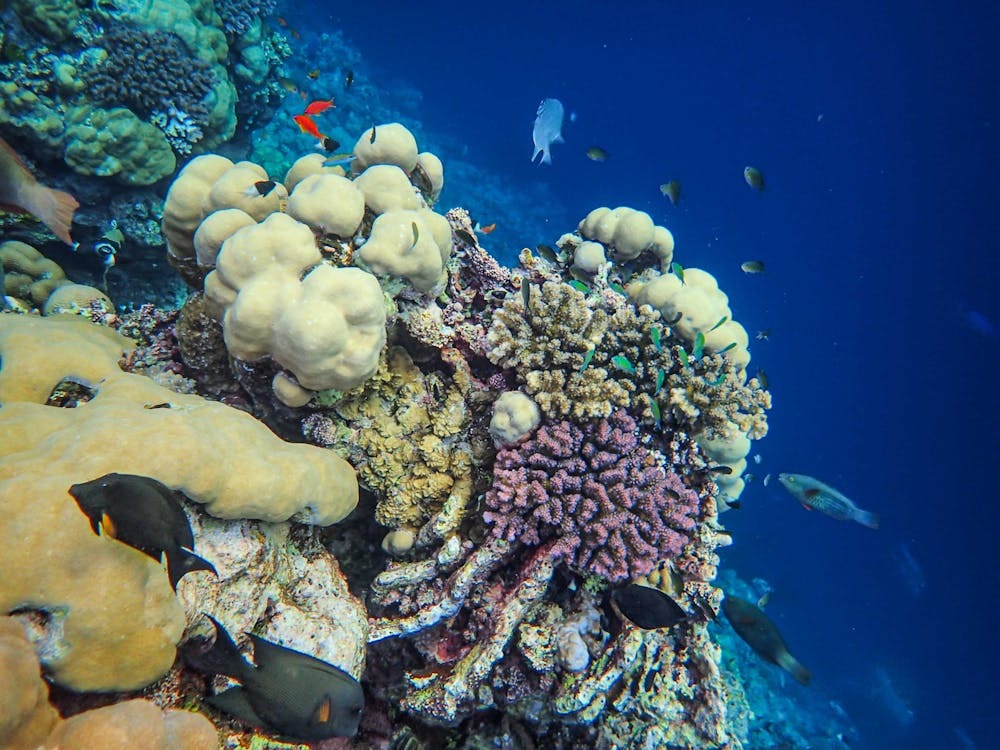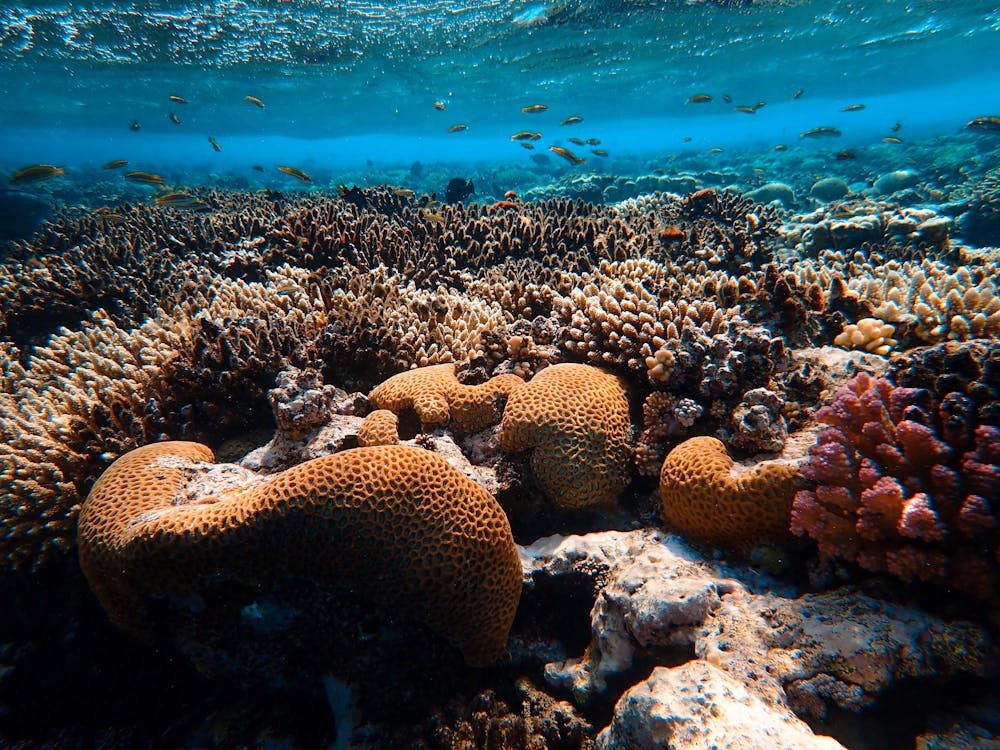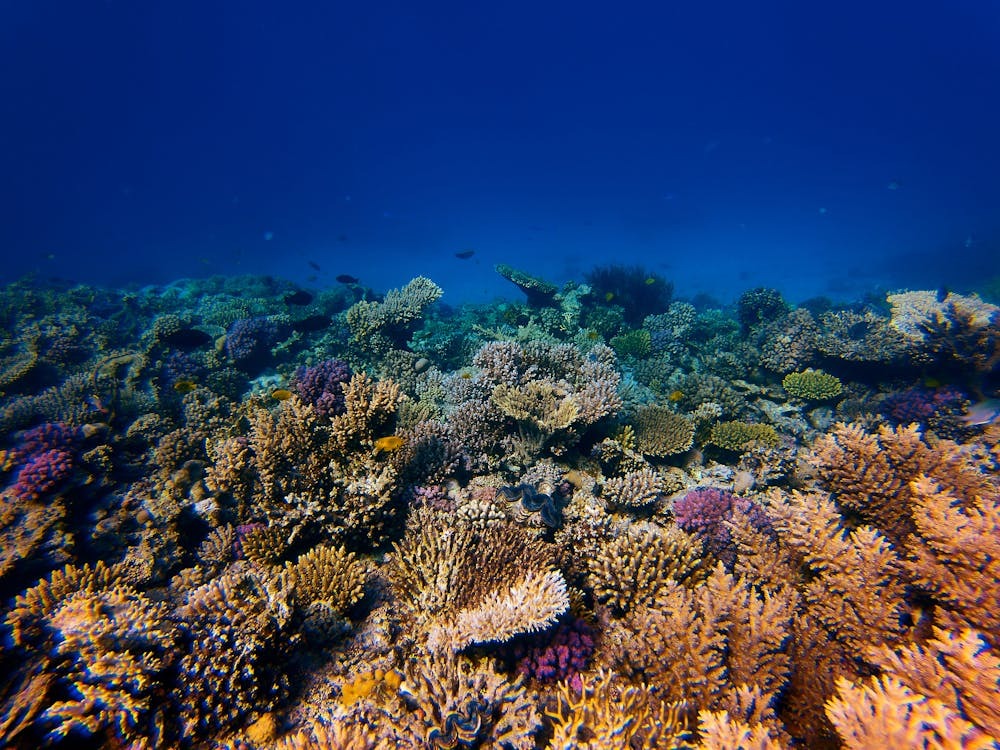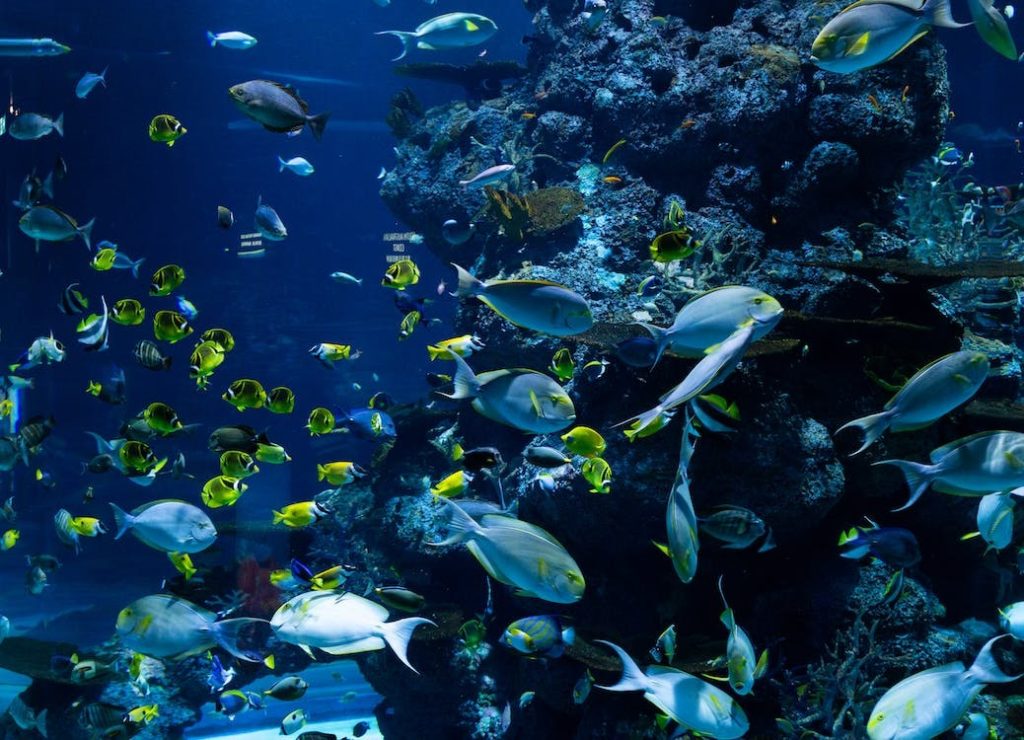When was the last time you stopped to listen to the symphony of the sea? Imagine the gentle swish of waves, the chorus of fish, and the crackling of coral reefs thriving with life. Now, what if these sounds could hold the key to saving damaged coral ecosystems?

Recent research suggests just that. Scientists have long understood the vital role sound plays in marine environments, but a groundbreaking study has unveiled a potentially game-changing discovery: playing thriving reef sounds on underwater speakers could breathe new life into damaged corals.
Corals, often referred to as the rainforests of the sea, are facing unprecedented threats from climate change, pollution, and overfishing. As these once-vibrant ecosystems decline, scientists are racing against time to find innovative solutions to restore them.

Enter the concept of acoustic enrichment. By broadcasting recordings of healthy reefs onto damaged ones, researchers believe they can attract fish and other marine life crucial for coral health and growth. These sounds act as a beacon, enticing creatures to populate barren reefs and kick-start the recovery process.
But how exactly does this work? It’s all about creating the right ambiance. Just like how a lively atmosphere can invigorate us, the sounds of a thriving reef create an environment where corals can flourish. Fish attracted to these sounds bring with them essential nutrients and even help with coral reproduction, creating a positive feedback loop that aids in reef recovery.

The implications of this research are profound. Not only does it offer a potential lifeline for struggling coral ecosystems, but it also highlights the interconnectedness of marine life. By understanding and harnessing the power of sound, we gain a new tool in our arsenal to protect and restore fragile ocean habitats.
Of course, challenges remain. Implementing acoustic enrichment on a large scale requires careful planning and consideration of potential impacts on marine life. Researchers are also exploring ways to integrate this approach with existing conservation efforts, such as coral gardening and marine protected areas.

Nevertheless, the idea of using sound to heal our oceans fills us with hope. It’s a reminder that even in the face of daunting environmental challenges, creativity and innovation can pave the way for solutions. As we continue to explore the depths of our blue planet, let’s remember the symphony of the sea and the role it plays in nurturing life beneath the waves.
Together, we can turn the tide for coral reefs and ensure that future generations can marvel at their beauty and biodiversity. So, the next time you dip below the surface, listen closely—you might just hear the sound of resilience echoing through the ocean depths.
https://www.bbc.com/future/article/20230815-how-undersea-sounds-help-us-understand-ocean-life